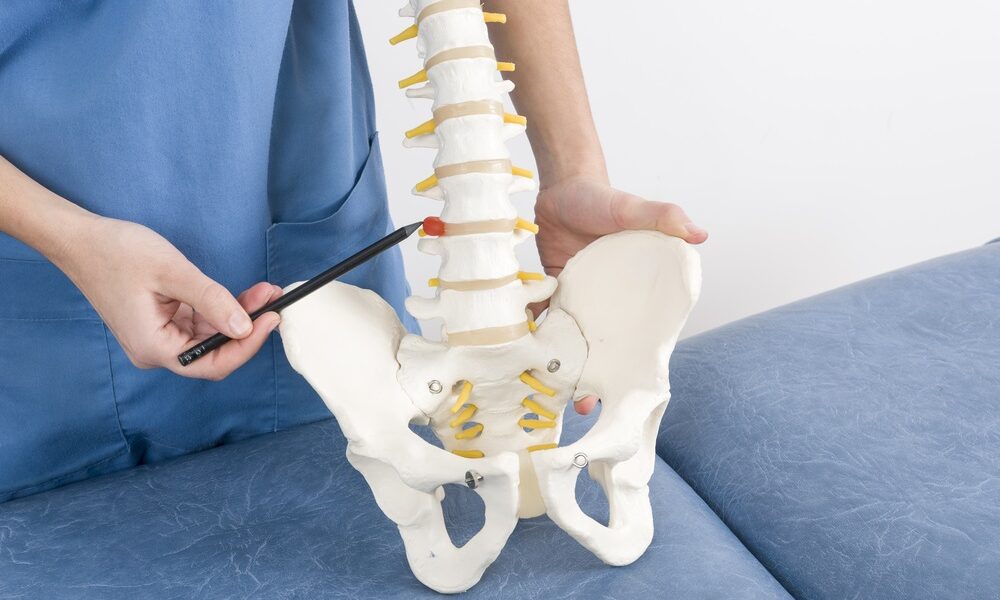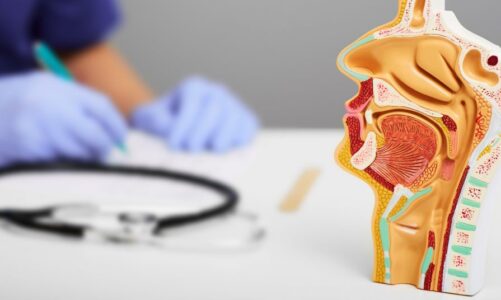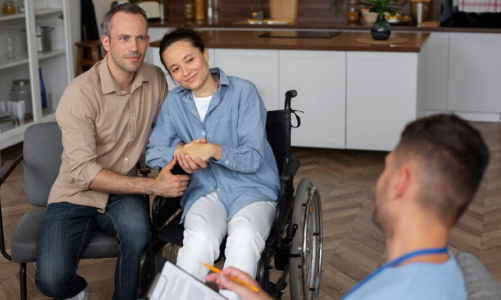Herniated discs are a common spinal condition affecting millions of people worldwide. Also known as slipped discs, herniated discs occur when the soft tissue between the vertebrae of the spine ruptures or bulges out of place, causing pain, numbness, and other uncomfortable symptoms.
In this article, we’ll discuss the symptoms and causes of herniated discs and treatment options for managing this condition.
Symptoms Of Herniated Discs
The symptoms of a herniated disc (หมอนรองกระดูกทับเส้นประสาท, which is the term in Thai) can vary depending on the disc’s location and the condition’s severity. Some common symptoms include:
· Pain:
Pain is the most common symptom of a herniated disc. The pain can be localized around the herniated disc or radiate to other parts of the body, such as the legs or arms.
· Numbness And Tingling:
Numbness and tingling sensations are also common symptoms of a herniated disc. These sensations may be felt in the area surrounding the herniated disc or other body parts.
· Muscle Weakness:
Muscle weakness is another common symptom of a herniated disc. It is due to pressure on the nerves that control muscle function.
· Difficulty With Movement:
Herniated discs can make it difficult to move certain parts of the body. For example, if the herniated disc is in the lower back, bending over or standing up straight may be difficult.
· Loss Of Bladder Or Bowel Control:
In rare cases, a herniated disc can cause bladder or bowel control loss. It is a medical emergency and requires immediate attention.
Causes Of Herniated Discs
The most common cause of a herniated disc is ageing. As we age, the discs in our spine lose their elasticity and flexibility, making them more prone to injury. However, other factors can contribute to the development of herniated discs, including:
· Trauma:
Trauma to the spine, such as a fall or car accident, can cause a herniated disc.
· Improper Lifting:
Lifting heavy objects improperly can cause a herniated disc. It is especially true if the lifting involves twisting or bending.
· Repetitive Motion:
Repetitive motions that put stress on the spine can cause a herniated disc. This is common in occupations that require a lot of bending or lifting.
· Genetics:
Some people may be predisposed to herniated discs due to genetics.
· Obesity:
Being overweight puts extra pressure on the spine, increasing the risk of herniated discs.
Treatment Options For Herniated Discs
The treatment options for a herniated disc depend on the severity of the condition and the symptoms experienced by the patient. Some common treatment options include:
· Pain Management:
Pain management techniques, such as heat or ice therapy, over-the-counter pain medications, and prescription pain medications, can help manage the pain associated with a herniated disc.
· Physical Therapy:
Physical therapy can help strengthen the muscles surrounding the herniated disc and improve the range of motion.
· Chiropractic Care:
Chiropractic care can help realign the spine and reduce pressure on the herniated disc.
· Surgery:
In severe cases, surgery may be necessary to remove the herniated disc and relieve pressure on the nerves.




